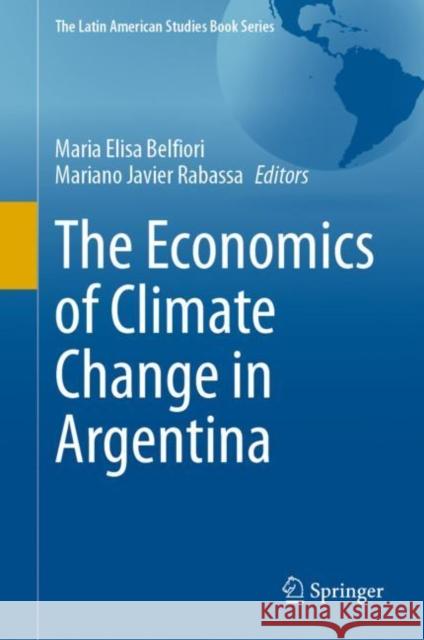The Economics of Climate Change in Argentina » książka
topmenu
The Economics of Climate Change in Argentina
ISBN-13: 9783030622510 / Angielski / Twarda / 2021 / 150 str.
The Economics of Climate Change in Argentina
ISBN-13: 9783030622510 / Angielski / Twarda / 2021 / 150 str.
cena 201,24
(netto: 191,66 VAT: 5%)
Najniższa cena z 30 dni: 192,74
(netto: 191,66 VAT: 5%)
Najniższa cena z 30 dni: 192,74
Termin realizacji zamówienia:
ok. 22 dni roboczych.
ok. 22 dni roboczych.
Darmowa dostawa!
Kategorie:
Kategorie BISAC:
Wydawca:
Springer
Seria wydawnicza:
Język:
Angielski
ISBN-13:
9783030622510
Rok wydania:
2021
Wydanie:
2021
Numer serii:
000806543
Ilość stron:
150
Waga:
0.41 kg
Wymiary:
23.88 x 19.56 x 1.27
Oprawa:
Twarda
Wolumenów:
01











